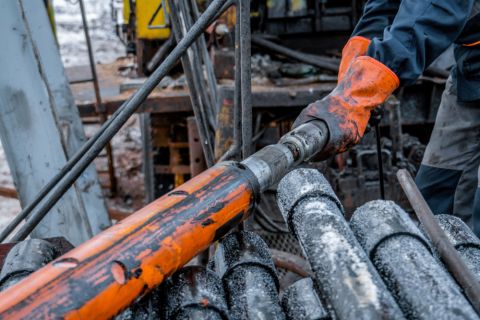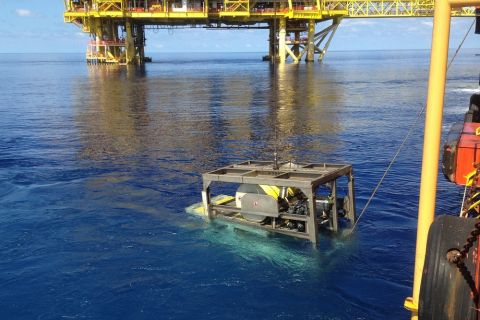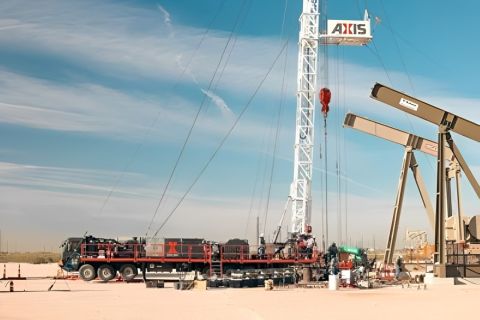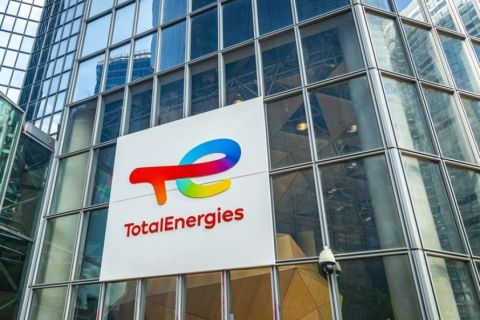NEW YORK—Plains All American Pipeline LP reported a 35% drop in adjusted earnings before tax in the fourth quarter as transportation volumes on its pipelines fell amid lower oil prices and reduced drilling activity in the United States.
Overall adjusted EBITDA in the fourth quarter fell by 35% to $559 million while adjusted EBITDA in the transportation segment declined by 15%.
Oil prices plunged in 2020 as the coronavirus pandemic crushed global oil demand, prompting producers around the world to curb output.
Now, as prices rebound, drilling activity is picking up but production is unlikely to recover to pre-pandemic levels as U.S. shale producers rein in spending and focus on reducing debt.
Still, crude production in the Permian shale basin, the biggest in the country, could grow to 5 million barrels per day (bbl/d) within a couple of years and 6 million bbl/d or more longer term, Plains CEO Willie Chiang said during an earnings call.
This year, Permian production is likely to grow by about 100,000-200,000 bbl/d, Executive Vice President Jeremy Goebel said, adding that producers have been wary of growing production until global demand recovers and production cuts from OPEC end.
“Our belief is that there’s going to be more discipline from the producers in bringing free cash back to their shareholders or taking debt down, so our forecast is really flat to modest growth in the Permian,” Chiang said.
The company said a part of the Wink-to-Webster pipeline system from Midland, Texas to Webster, Texas was placed into service in January, with volumes ramping up through 2023.
The Wink-to-Webster Pipeline System is expected to transport more than 1 million bbl/d of crude oil and condensate from the Permian to the Gulf Coast.
For 2021, Plains expects transportation segment EBITDA to slide to $1.53 billion compared with $1.62 billion in 2020.
Recommended Reading
TGS, SLB to Conduct Engagement Phase 5 in GoM
2024-02-05 - TGS and SLB’s seventh program within the joint venture involves the acquisition of 157 Outer Continental Shelf blocks.
StimStixx, Hunting Titan Partner on Well Perforation, Acidizing
2024-02-07 - The strategic partnership between StimStixx Technologies and Hunting Titan will increase well treatments and reduce costs, the companies said.
Forum Energy Signs MOU to Develop Electric ROV Thrusters
2024-03-13 - The electric thrusters for ROV systems will undergo extensive tests by Forum Energy Technologies and SAFEEN Survey & Subsea Services.
Axis Energy Deploys Fully Electric Well Service Rig
2024-03-13 - Axis Energy Services’ EPIC RIG has the ability to run on grid power for reduced emissions and increased fuel flexibility.
TotalEnergies Rolling Out Copilot for Microsoft 365
2024-02-27 - TotalEnergies’ rollout is part of the company’s digital transformation and is intended to help employees solve problems more efficiently.





